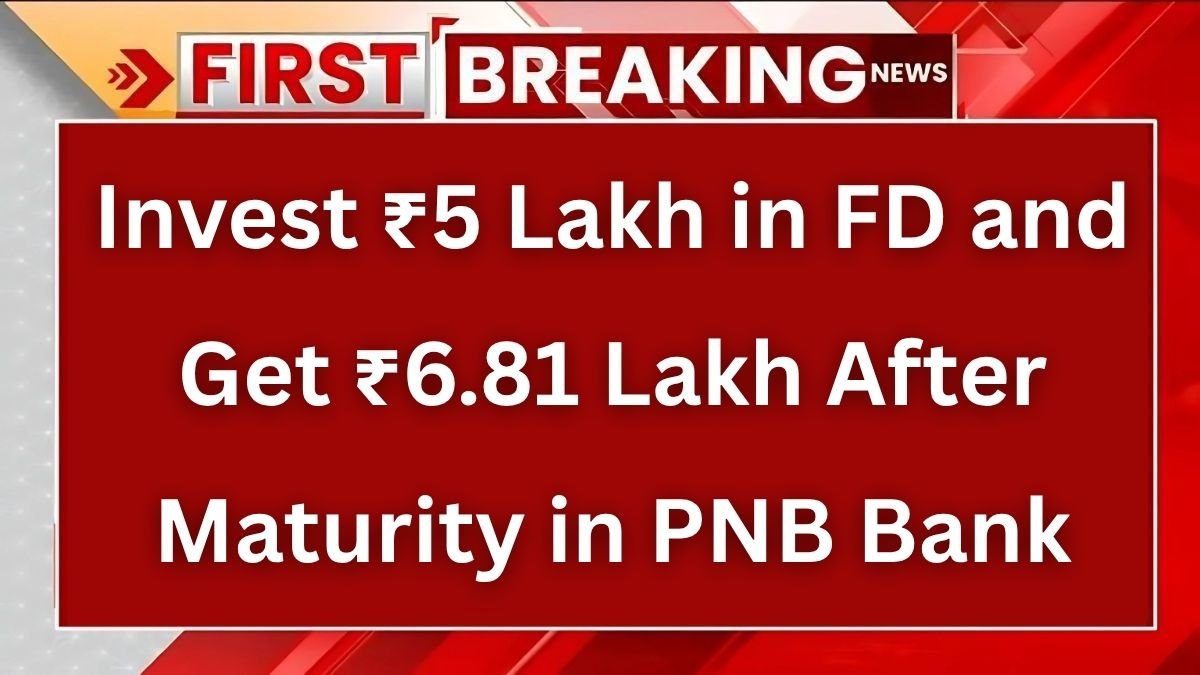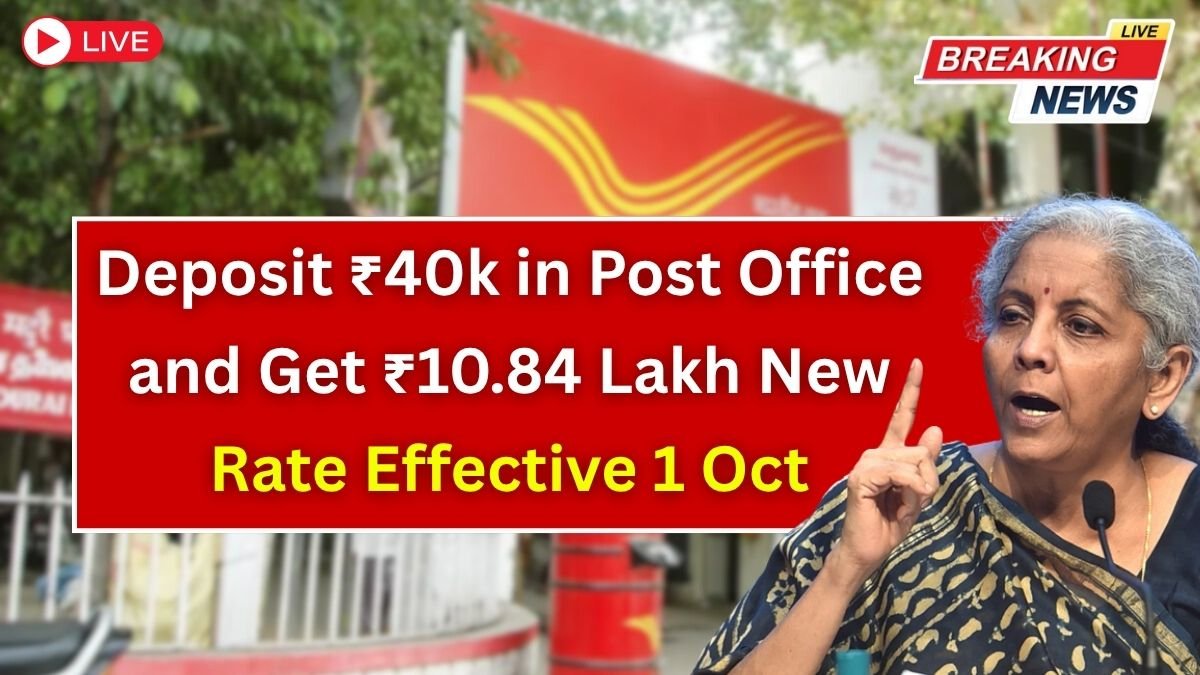Post Office PPF Scheme: Every parent dreams of giving their child a secure future. And sometimes, even a small saving, if invested in the right place, can turn into a big support later. The Post Office Public Provident Fund (PPF) scheme is exactly that kind of trusted option. Now imagine this if you deposit just ₹60,000 every year in a PPF account, in 15 years it can grow into nearly ₹16,27,000. Let’s break it down in simple words.
How Does PPF Work?
PPF is a long-term saving scheme with a lock-in period of 15 years. This means once you open the account, you cannot withdraw the money before 15 years except in special cases. At present, the PPF interest rate is 7.1% per annum compounded yearly. The best part is that both the interest earned and the maturity amount are completely tax-free.
Read more: CIBIL Score: What Should Be Your CIBIL Score to Get a ₹20 Lakh Loan?
₹60,000 PPF Calculation
| Yearly Deposit | Tenure | Interest Rate | Total Deposit | Maturity Value |
|---|---|---|---|---|
| ₹60,000 | 15 Years | 7.1% (Compounded Yearly) | ₹9,00,000 | ₹16,27,000 (Approx) |
So, your total investment is just ₹9 lakh, but by the end of 15 years, it grows into around ₹16.27 lakh. That means you earn nearly ₹7.27 lakh extra without any risk.
Why Is PPF Perfect for Children?
PPF is one of the best options to plan for your child’s future. Since it is designed for the long term, it works well for education, career, or even marriage expenses. Think of it like planting a tree when your child is small. You water it regularly, and by the time your child grows up, the tree is strong enough to give shade and fruits. That’s exactly how PPF secures their future.
Conclusion
If you’re looking for a safe, risk-free, and tax-free investment for your child’s future, the Post Office PPF scheme is a perfect choice. With just ₹60,000 saved every year, you can build a maturity fund of ₹16,27,000 in 15 years.
Disclaimer
This article is only for educational and general knowledge purposes. Interest rates of PPF may change from time to time as per government rules. Please verify the latest details from official India Post sources or consult a financial advisor before investing.








